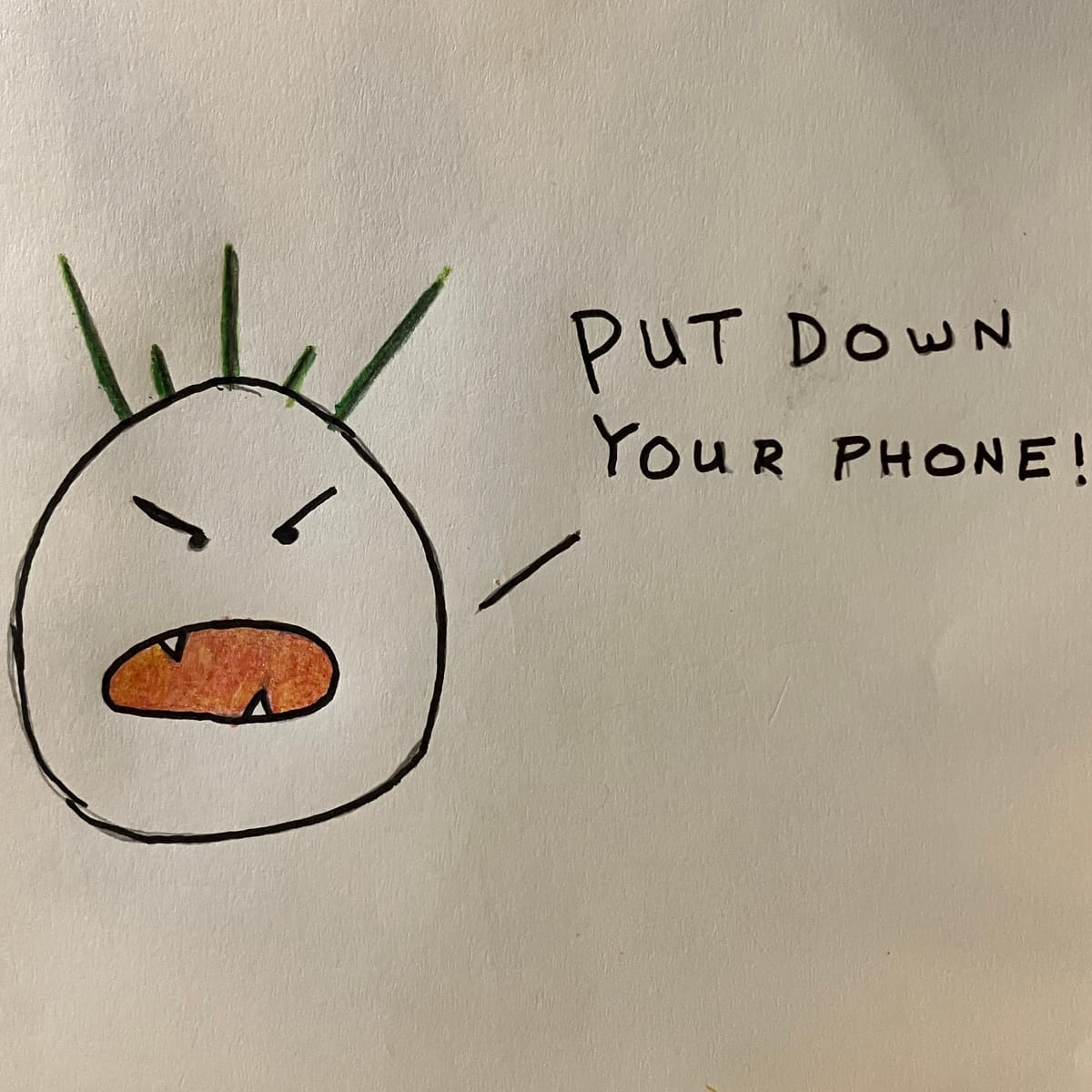Inputs, outputs, & doomscrolling
At some point, hoarding data only for the sake of it turns an asset into a liability.

Hey there,
Jake here
In this edition of the newsletter, we talk about when hoarding data goes wrong.
Your business should take in only inputs that will lead to outputs.
Instead of hoarding whatever data they can, businesses should focus on only data they can actually use. And the usefulness of the data is limited by the capabilities of the business. Some businesses can use more data than others.
But hoarding data only for the sake of creating or maintaining an 'asset' becomes a liability. More specifically, the hoarded data may become a security liability because, in the case of a security breach, the consequences become greater as you hoard greater amounts of crucial data.
Why hold more data than you need? Why hold data if you're not using it?
Holding onto every piece of data possible can only hurt you in the long run.
Creatives should hold themselves to the same standard. Our inputs should lead to outputs.
As a creative, when I read something, I do so in the hope it'll influence and inspire me in making something.
And so, what good is doomscrolling in that regard?
For me, there's no output for all that input. And hoarding all that data becomes a liability in the form of anxiety.
Anxiety may be a mental or psychological function, but it takes up physical space. Anxiety lives inside your body. And you can contain only so much before you're bursting at the seams.
Why hoard more data than you need?